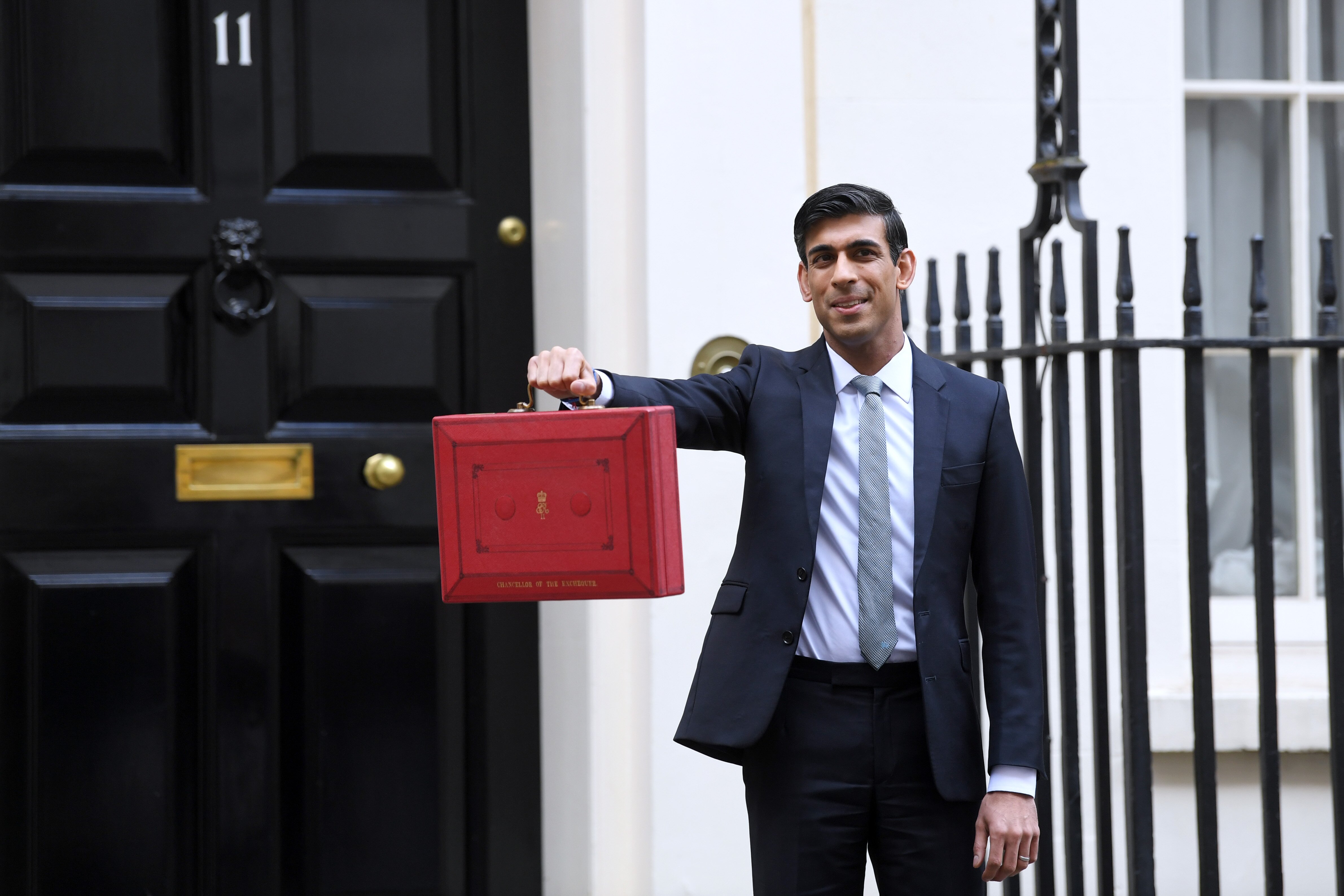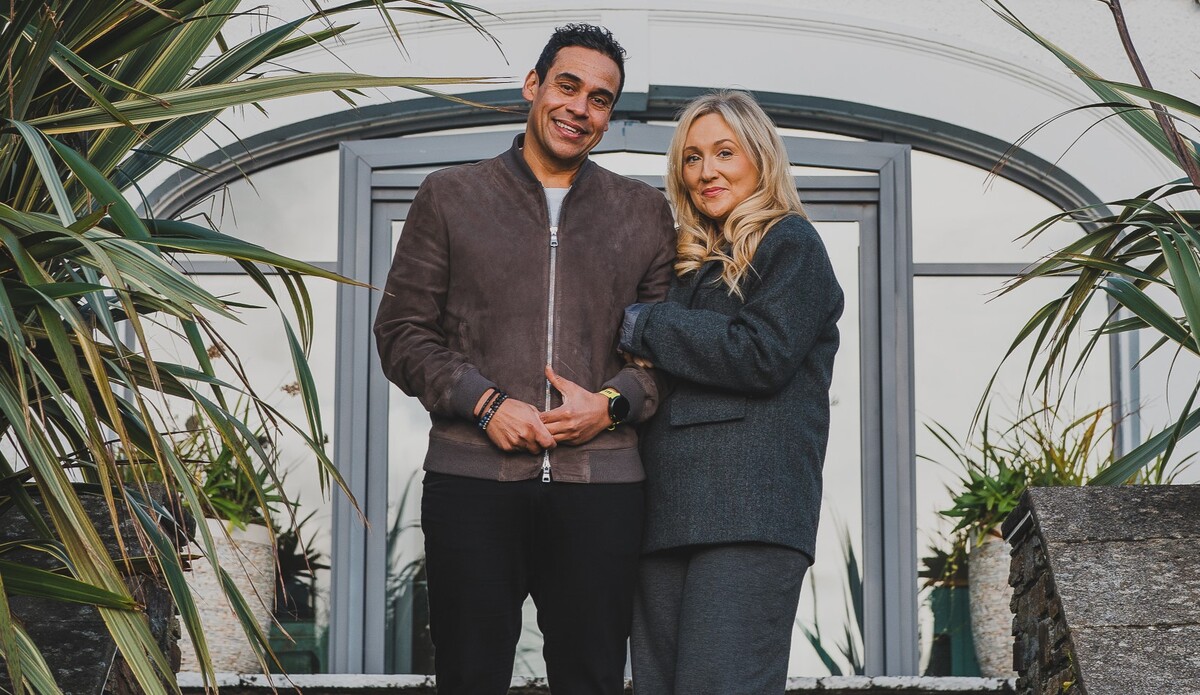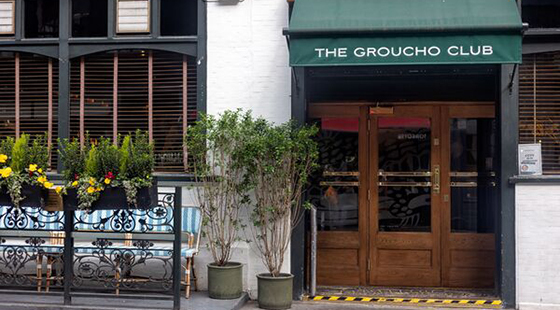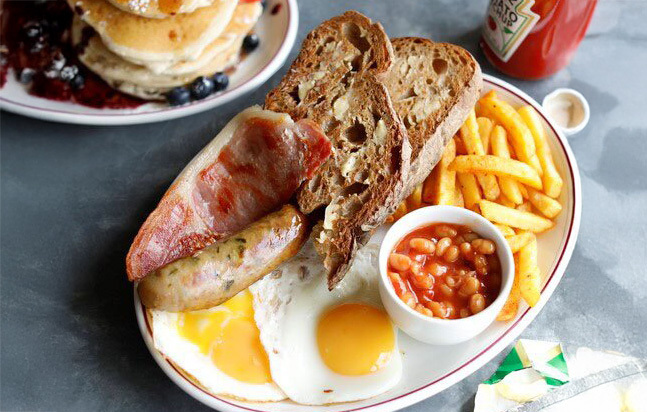Budget: Chancellor extends business rates and VAT cuts
Chancellor Rishi Sunak confirmed in his Budget this afternoon that the business rates holiday and the VAT cut will be extended – but not for a full year as hoped for by the industry.
The 100% business rates holiday will be extended into the first three months of this financial year, through to the end of June, and for the remaining nine months will be discounted by two-thirds up to a value of £2m, with a lower cap for businesses who have been able to stay open.
And for hospitality, the 5% reduced rate of VAT will be extended for six months to 30 September with an interim rate of 12.5% for another six months after that, returning to 20% in April 2022.
Sunak had already announced that businesses in England will benefit from further one-off grants of up to £18,000, committed £150m to a Community Ownership Fund and extended the furlough scheme until the end of September.
Businesses will be expected to start contributing 10% of employees’ wages towards the furlough scheme from July, and then 20% in August and September.
Many operators expressed concerns about further restrictions when it was confirmed last night that the furlough scheme would be extended until the end of September. Sunak said in his speech: “We’re going long, extending our support well beyond the end of the roadmap to accommodate even the most cautious view about the time it might take to exit the restrictions.”
The government is doubling incentive payments to businesses to £3,000 for all new apprentice hires of any age, alongside investing £126m in traineeships.
Bounceback and Coronavirus Business Interruption Loan schemes will be replaced with a new recovery loan scheme. Businesses of any size can apply for loans from £25,000 up to £10m through to the end of this year, and the government will provide a guarantee to lenders of up to 80%.
Planned increases in duties for spirits, wine, cider and beer have also been cancelled for the second year in a row.
And for the first time in the UK the chancellor announced a ‘super deduction’. From April 2021 this will cut companies' tax bill by 25p for every pound they invest in new equipment, which Sunak described as “the biggest business tax cut in modern British history”.
The Office for Budget Responsibility (OBR) is now forecasting “a swifter and more sustained recovery" than expected in November, with the economy expected to return to pre-Covid levels by the middle of next year, six months earlier than previously expected.
In 2023, the rate of corporation tax, paid on company profits, will increase to 25%, however it this will be maintained at 19% for businesses with profits of £50,000 or less. The government will also introduce a taper so businesses only start paying the full rate on profits from £250,000.
There will also be no increase in the rate of income tax, national insurance or VAT, but the lower income tax threshold will rise to £12,570 in April and remain at that level until April 2026.
**What was missing? **
There was nothing to address the growing issue of rent arrears. The moratorium on commercial evictions is due to expire at the end of March, when many businesses face paying up to a year’s worth of rent. UKHospitality has warned that without action this could be a £2bn ‘millstone’ preventing the sector’s recovery.
The Chancellor also failed to introduce a government-backed insurance programme for the hospitality and events industries. A group of 40 cross-party MPs has called for the creation of a scheme to give businesses the confidence to take bookings without fear of cancellation later in the year. The Night-time Industries Association (NTIA) said without it many events will be “needlessly cancelled or postponed until 2022”.
There was also disappointment that the hospitality VAT cut was not extended to alcohol, leaving many wet-led pubs unable to feel the full benefits.
Photo: Shutterstock
















